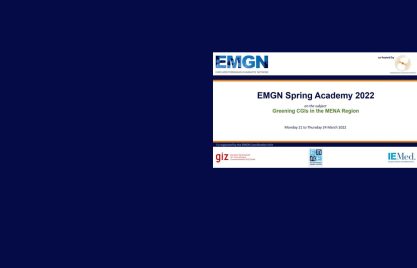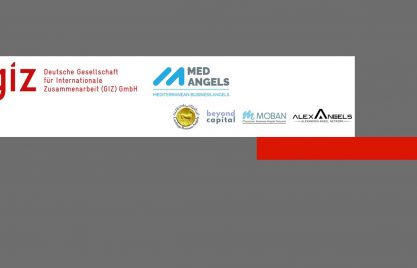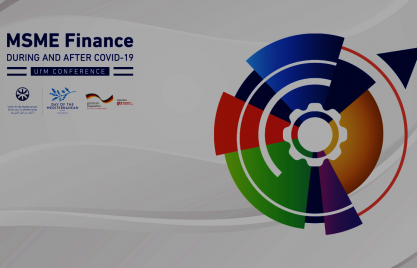Policymakers and regulators from 16 countries from the Arab region and beyond engaged in the exchange on Financial Inclusion Strategy Implementation supported by FIARI following Jordan’s Launch of the National Financial Inclusion Strategy on December 5, 2017.
The Alliance for Financial inclusion (AFI), the Arab Monetary Fund (AMF) and the Deutsche Gesellschaft für Internationale Zusammenarbeit GmbH (GIZ) organized the capacity development program, “Preparing for Financial Inclusion Strategy Implementation” on 5 December 2018 in Amman, Jordan. The peer-learning program is held back-to-back with the Launch of the Financial Inclusion Strategy for Jordan under the Royal Patronage of His Majesty King Abdullah II ibn Al Hussein. It is the first of its kind supported by the newly launched Financial Inclusion in the Arab Region Initiative (FIARI).
The program was attended by 43 participants and 20 financial institutions, from 16 countries. Participants include technical level staff from AFI/AMF member institutions and GIZ partner institutions (central banks and ministries of finance) in the Arab Region who are closely involved in the development and implementation of National Financial Inclusion Strategies (NFIS).
“It’s important that we have a clear and structured coordination mechanism amongst all stakeholders for financial inclusion,” said Mahmoud Montassar Mansour, Authority of Control of Microfinance, Tunisia.
Leveraging on AFI’s unique peer-learning model, participants were able to learn from the expertise of central banks and ministries staff from the region and beyond such as Sub-Saharan Africa and Asia — specifically Bank of Uganda (who recently launched its NFIS) and Bangko Sentral ng Pilipinas, who both shared their country experiences in implementing their respective NFIS. The imperative to use a participatory, multi-stakeholder approach in preparing for NFIS implementation was highlighted throughout the training.
“Bangko Sentral ng Pilipinas cannot advance financial inclusion alone, we need to work closely with other agencies and sectors,” emphasized Jenny A. Romero, Bangko Sentral ng Pilipinas.
Following the training, participants gained insights into how to contribute to establishing an effective governance and national coordination structure that successfully galvanizes multi-stakeholder collaboration for the formulation and implementation of (NFIS). Their analytical skills have been strengthened to help them develop Financial Inclusion Data Frameworks (FIDF) as well as Monitoring and Evaluation (M&E) Frameworks to collect, analyze, and use data in preparation for NFIS implementation.
In addition, participants enhanced their understanding of the role of digital financial services (DFS) in advancing financial inclusion and how to leverage them. They also learnt approaches to ensure NFIS meets the needs of the whole population, including women, forcibly displaced persons (FDPs) and the youth.
About FIARI: FIARI aims to help accelerate conducive policies and actions for enhancing Arab societies’ access to financial service through an effective coordination mechanism by supporting the implementation of national financial inclusion policies. The regional initiative is using financial inclusion as a driving force for sustainable economic and social development, aligned with the range of the UN SDGs.



